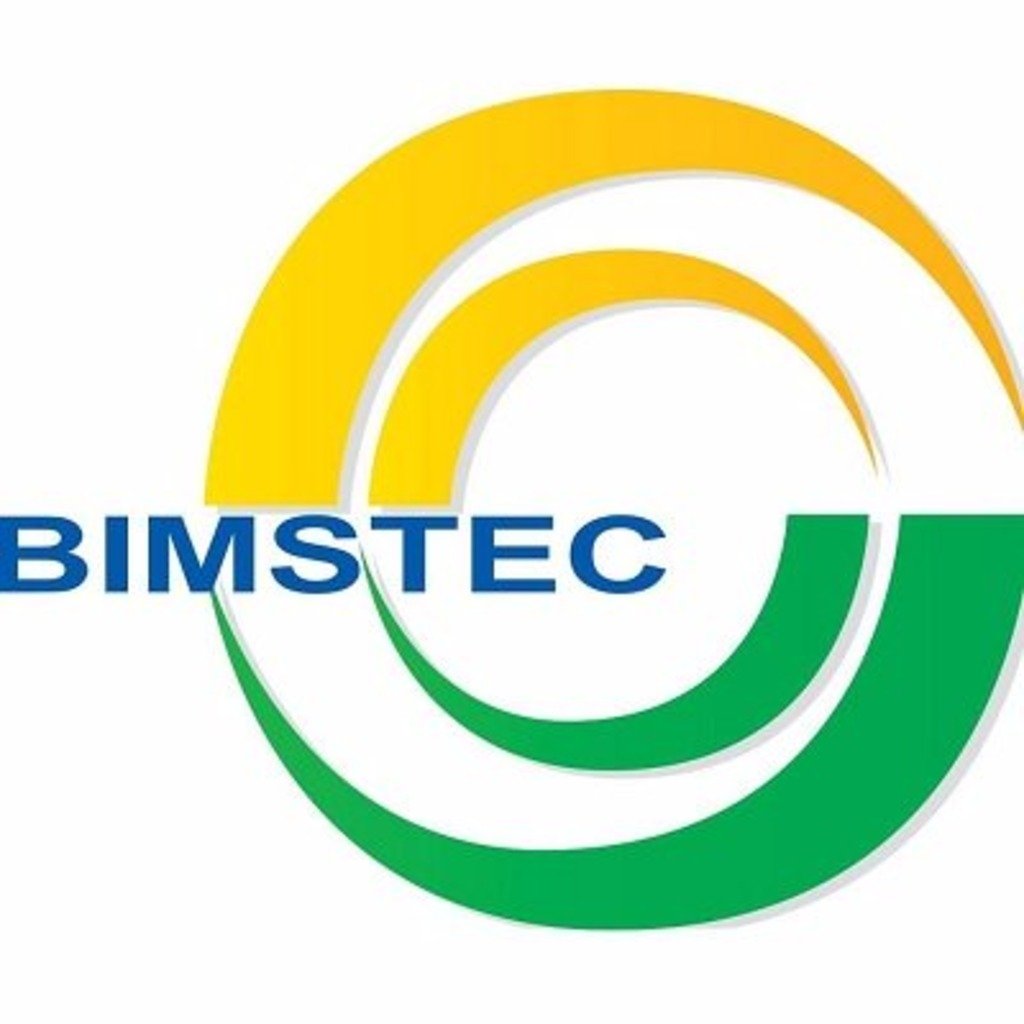Union Minister for Agriculture & Farmers’ Welfare and Rural Development, Shivraj Singh Chouhan, is set to attend the third Ministerial-level meeting of the Bay of Bengal Initiative for Multi-Sectoral Technical and Economic Cooperation (BIMSTEC) on Agriculture. The gathering, which will take place on April 9, 2025, in Kathmandu, Nepal, is expected to bring together agriculture ministers and senior officials from all seven BIMSTEC member countries — India, Bangladesh, Bhutan, Nepal, Myanmar, Thailand, and Sri Lanka.
This one-day event provides a structured opportunity for the participating nations to exchange insights, identify shared concerns, and explore collaborations that can support agricultural growth in the region. With each country facing its own set of agrarian challenges — ranging from climate stress to fluctuating commodity prices — the meeting aims to foster a spirit of mutual support and knowledge-sharing rather than merely symbolic cooperation.
Regional Dialogue Focuses on Common Agricultural Priorities
Agriculture continues to be a lifeline for a significant portion of the population across the BIMSTEC nations. From smallholder farmers in India’s heartlands to rice cultivators in Thailand and tea growers in Sri Lanka, the region’s agricultural backbone is deeply interwoven with both economic and social stability.
At the meeting in Kathmandu, the ministers are expected to discuss strategies to support sustainable agriculture, improve productivity without compromising ecological balance, and address the challenges posed by erratic weather patterns and global market pressures. Topics such as better irrigation systems, responsible fertilizer use, organic farming, agricultural research collaborations, and trade in agricultural products are likely to be key points on the agenda.
For India, the gathering comes at a time when conversations about farmer welfare, climate adaptation, and agrotech solutions are gaining more visibility at both national and international levels. Indian agriculture minister’s participation signals India’s continued commitment to regional cooperation in agriculture, not only as a matter of economic importance but also as a step toward food security for millions.
India and Nepal to Sign Agriculture Cooperation Agreement
On the sidelines of the BIMSTEC Agriculture Ministerial Meeting (BAMM), Minister Chouhan will engage in several key bilateral meetings. Among them is a high-level interaction with Ramnath Adhikari, Nepal’s Minister for Agriculture and Livestock Development. During this meeting, both nations are scheduled to formalize a Memorandum of Understanding (MoU) that lays the foundation for enhanced cooperation in the agriculture sector.
The MoU, which has been under discussion for several months, is expected to focus on knowledge-sharing, training programs for agricultural workers, research exchange between institutions, and collaborative projects aimed at improving crop yields and soil health. The agreement is also likely to facilitate better coordination during times of crop failure or pest outbreaks, allowing for quicker response and resource sharing between the two neighboring countries.
Also read: Advancing Agriculture Beyond Earth: The Role of Space Farming in Sustainable Food Production
India and Nepal have historically shared close agricultural ties, with common cropping patterns, shared river systems, and migratory labor exchange across borders. This MoU is seen as a step toward formalizing many of the informal exchanges and giving them institutional support for long-term sustainability.
Strengthening Ties with Bhutan and the BIMSTEC Secretariat
During his visit, Minister Chouhan is also scheduled to hold bilateral talks with Younten Phuntsho, Bhutan’s Minister for Agriculture and Livestock. Bhutan, with its strong emphasis on organic farming and environmentally conscious agricultural practices, offers several areas where mutual learning can take place. These discussions are expected to cover soil management techniques, sustainable livestock rearing, and crop diversification.
Another important meeting will be held with Indramani Pandey, Secretary General of BIMSTEC. This interaction will serve as a platform to discuss how India can support the BIMSTEC Secretariat’s broader vision for regional agricultural development. It may include proposals for technical training programs, regional research initiatives, and potential funding models for agricultural projects that cut across national borders.
India has often played a proactive role within BIMSTEC, especially in sectors like energy, disaster management, and now, agriculture. By engaging directly with the BIMSTEC leadership, India aims to help shape a more cohesive and actionable agricultural roadmap for the region — one that goes beyond paperwork and enters the realm of real-world outcomes for farmers.
A Step in Cooperative Agricultural Development
The third BIMSTEC Agriculture Ministerial Meeting in Kathmandu is not expected to result in dramatic announcements or sweeping declarations. Rather, it marks a consistent and steady effort by member countries to strengthen their cooperative efforts in a field that is central to their economic and social well-being.
For Minister Shivraj Singh Chouhan, who recently took charge of the Agriculture and Rural Development portfolios, this is one of his first significant international engagements. His schedule in Kathmandu, filled with multilateral and bilateral discussions, reflects India’s readiness to play an active role in creating a regional framework that supports farmer welfare, sustainable practices, and shared prosperity.
As the countries gather in Kathmandu to chart a shared agricultural path, there is a growing recognition that regional collaboration may hold the key to tackling issues that no single country can solve alone — from climate-resilient crops to transboundary pest control. While the challenges are complex, the commitment to dialogue and cooperation continues to be a positive sign for the future of agriculture in South and Southeast Asia.


